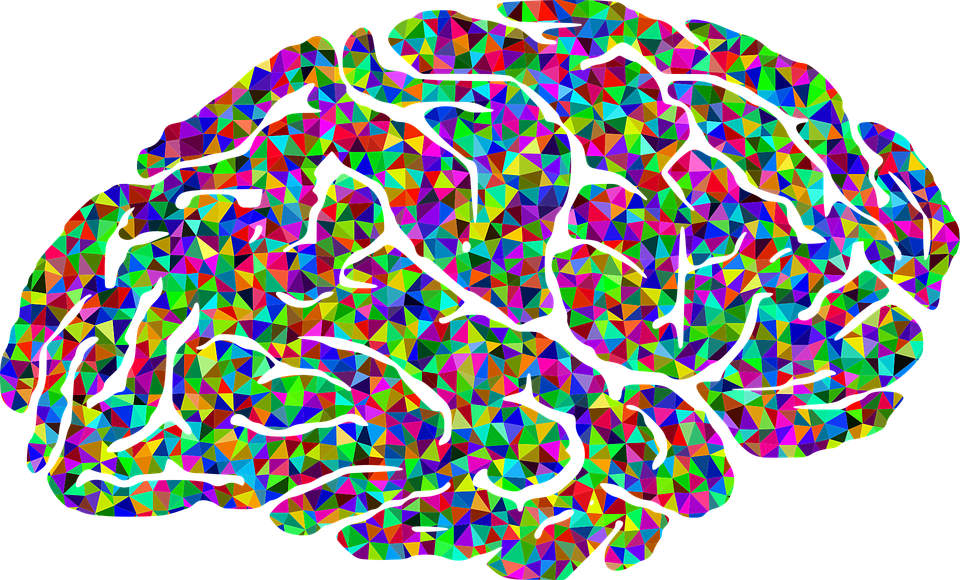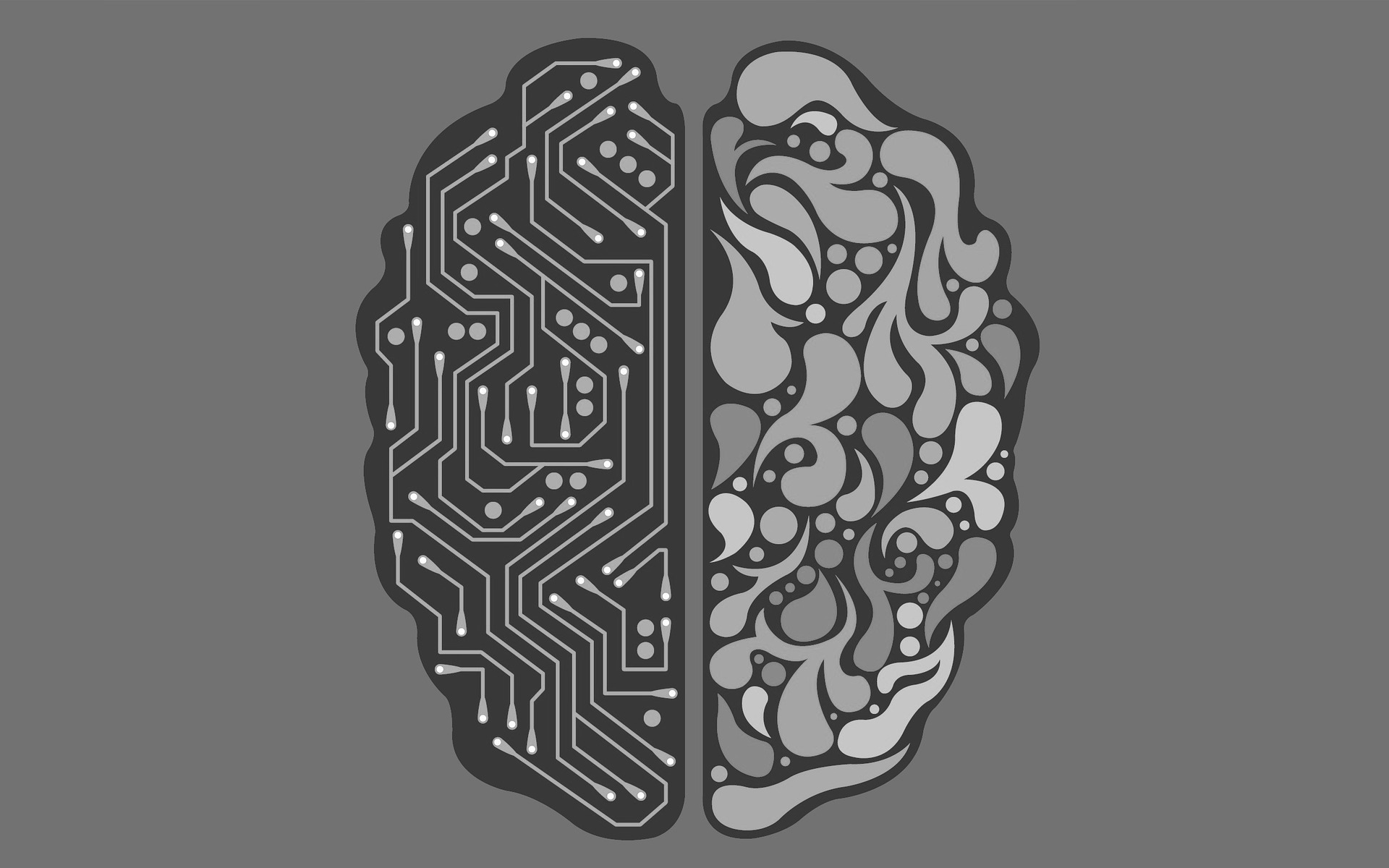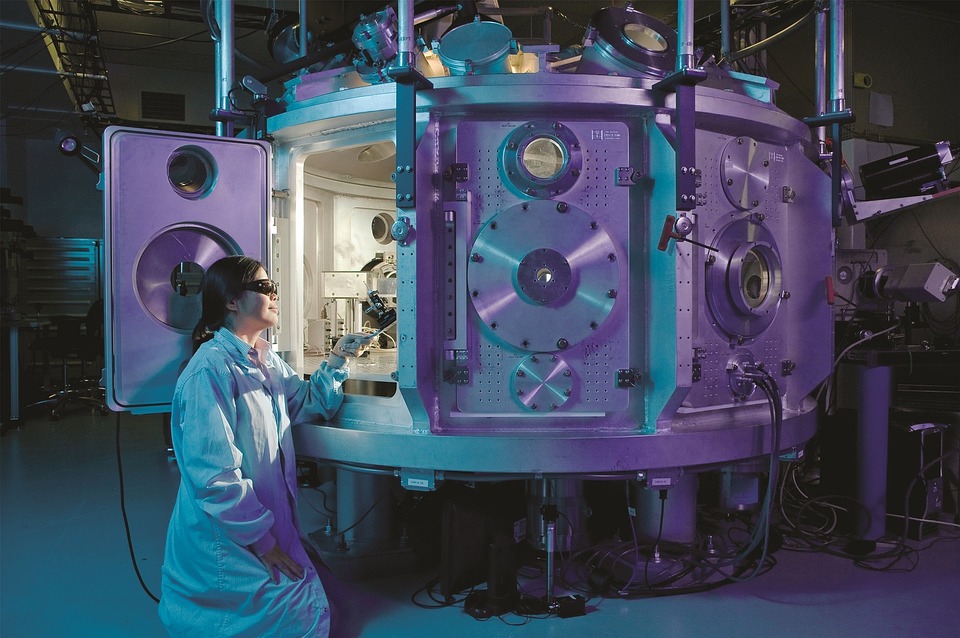-
Signal Detection: Decision Making in Uncertainty

We all experience uncertainty: How did I do on that test? What do they think of me? Where did I leave my keys? Is my phone ringing? In these and other uncertain situations, we have to take the evidence we have and make our best guess about the answer. Sometimes we’re right, and sometimes we’re…
-
How to Take Good Notes: Go Low-Tech

More and more students are opting to take notes on laptops to save trees and – they assume – take better notes. But is this assumption correct? According to the findings UCLA’s Dr. Danny Oppenheimer recently published in Psychological Science , these students are wrong: in a study of note-taking comparing handwritten to typed notes, Meuller…
-
There is a green% chance you will read this post.
Recently The Onion posted this tongue-in-cheek article regarding synesthesia. For those of you who may not know, synesthesia is a neurological phenomenon in which people experience cross-sensory perceptions. Fellow PIA blogger Emma Geller has written a fabulous primer to the world of synesthesia, located here, but the quick-and-dirty version is that synesthetes have associations between senses…
-
Outreach Event: Brain Booths!

Psychology in Action’s Outreach Initiative teamed up with Interaxon, an interdepartmental undergraduate neuroscience educational outreach group at UCLA, to participate in two events with the Los Angeles community. To learn about future Interaxon events, please visit their web calendar. On Saturday, October 19th, 2013, Psychology in Action and Interaxon members hosted a “Brain Booth” at STEAM Nation in Culver…
-
Controversy Surrounding California Senate Bill 185
By now the news is focused more on the contested UC Berkeley “Diversity” Bake Sale than the issue itself. The Berkeley College Republicans group has decided they will hold a bake sale that prices items based on race and gender, with items being more expensive for whites than for other minorities. For more information on…
-
Perceptual Learning: Applications to Education
My lab at UCLA has been in the news twice recently, which is very exciting for us! You may have seen this article in the NYTimes last week or this interview on CBS’ The Early Show this morning. Both stories are about perceptual learning and its applications to education. I thought in this post I…

